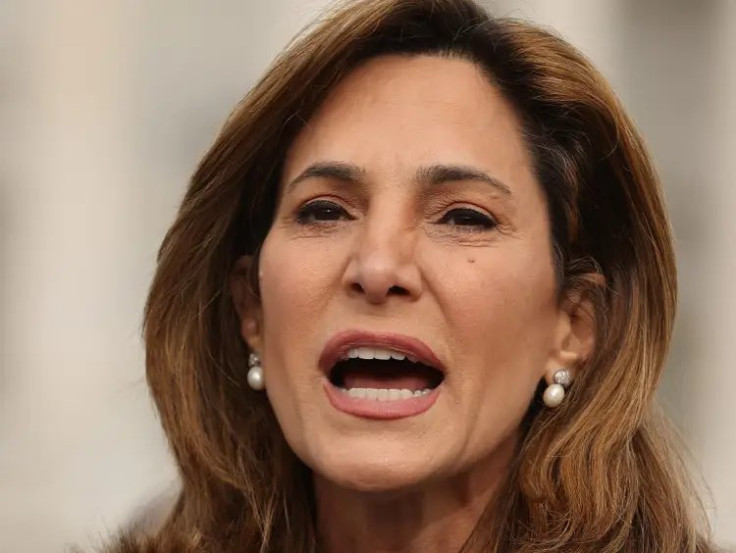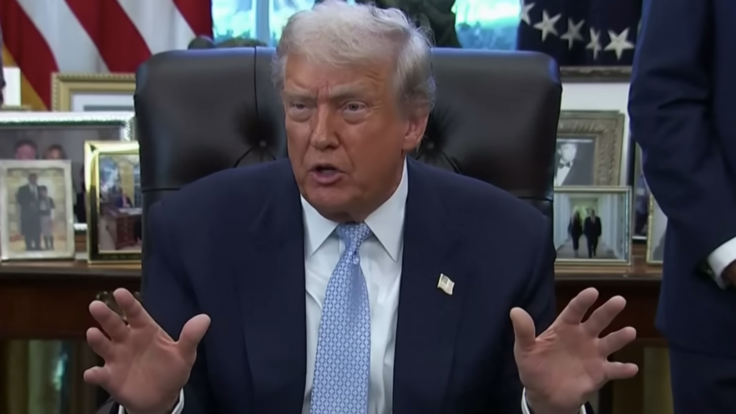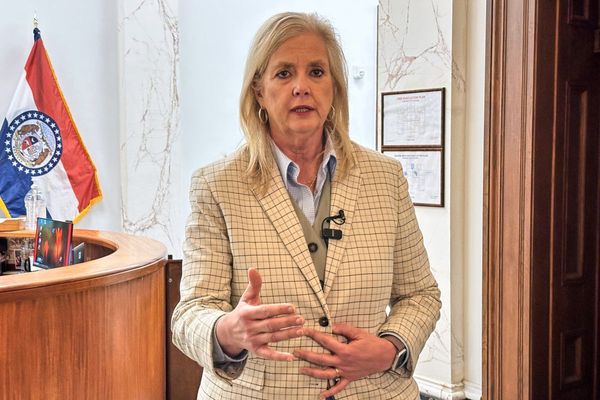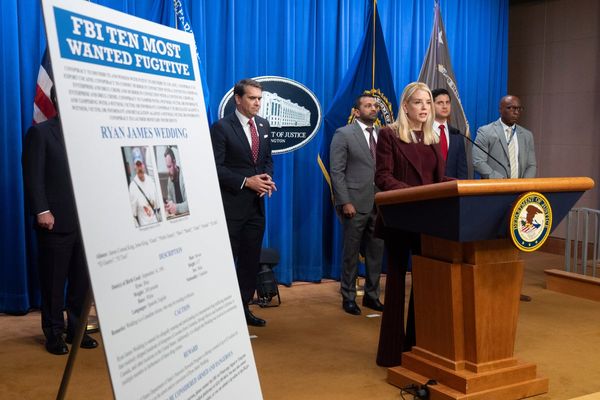
The debate over political language sharpened again this week after a senior lawmaker dismissed former President Donald Trump's latest insult as a harmless part of his personality. Her remarks drew swift attention in Washington, raising broader questions about the tone of public life and the expectations placed on elected officials.
The controversy emerged after Trump used a derogatory nickname toward Catherine Lucey, a female reporter for Bloomberg, prompting a wave of media and political scrutiny. The congresswoman's response, intended as a defence, instead placed her at the centre of the national conversation.
Salazar's Defence That Sparked a Wider Debate
A Republican congresswoman downplayed Trump’s viral “piggy” insult, saying it showed he was willing to “dare to do things others do not dare to do.”https://t.co/KXJP3W2tsw
— The Daily Beast (@thedailybeast) November 19, 2025
Representative Maria Elvira Salazar's decision to minimise Trump's remark was met with mixed reactions across the political landscape. She described his behaviour as an ingrained aspect of his public persona and suggested that occasional lapses were part of life in modern politics. Her assessment immediately sparked discussion among commentators who questioned whether elected leaders should excuse language that many people view as disrespectful or dismissive toward women.
Her response also surfaced at a time when scrutiny of political rhetoric is particularly intense. Candidates and elected officials from both parties have faced criticism over personal attacks and language perceived as belittling or hostile. In that environment, Salazar's comments were seen by some analysts as an effort to maintain favour with Trump supporters while sidestepping direct criticism of his conduct.
Observers in Washington noted that her defence stood out because she has previously championed themes of civility and accountability. Critics argued that overlooking the remark contradicted those stated values. Supporters countered that her remarks simply reflected the current climate, where political loyalty often exerts a stronger pull than rhetorical consistency.
Growing Focus on Trump's Media Treatment

The moment also renewed attention on the relationship between political figures and the press. Trump's interaction with Lucey prompted renewed discussion about how journalists, particularly women, are addressed by powerful public figures. Several media organisations expressed concern that normalising such remarks risks discouraging reporters from performing their role with confidence and independence.
In response to the fallout, commentators across television and digital platforms debated the long pattern of abrasive exchanges between Trump and the press. Some argued that his style, whether intentional or instinctive, was designed to unsettle opponents and command attention. Others said such language can undermine the ability of journalists to carry out their responsibilities without fear of disparagement.
Late-night programmes also weighed in, highlighting how much of Trump's political identity has been shaped by provocation and spectacle. These segments underscored how quickly moments like the latest remark become cultural flashpoints, often expanding far beyond their initial context and influencing national discourse.
The Political Stakes
Rep. Maria Salazar defends Trump telling a reporter, "quiet, piggy."
— Blue Georgia (@BlueATLGeorgia) November 18, 2025
"President Trump is a very picturesque and different type of politician. No one is perfect. Those who are perfect are in heaven. pic.twitter.com/R4Dzpo6vxq
For Salazar, the political impact of her comments will become clearer in the coming weeks. She represents a district where Trump retains significant influence, and her alignment with him on contentious issues often carries electoral weight. Some political strategists believe her reaction was calibrated to retain support among conservative voters who remain loyal to the former president.
At the same time, Democrats and a number of independent voters seized on her remarks as evidence of a broader trend in which lawmakers hesitate to challenge behaviour they might otherwise criticise. They argued that excusing personal attacks sends a message about what is acceptable in public life and shapes how future leaders conduct themselves.
The episode also drew attention to her previous positions on government transparency and the role of public officials in shaping civic standards. Opponents pointed to instances in which she called for greater accountability from others, suggesting that her defence of Trump appeared inconsistent with those stances.
The congresswoman has not indicated whether she intends to address the matter further. For now, the discussion continues to unfold across social media, commentary programmes, and political forums, revealing once again how rapidly a single remark can dominate the national conversation.
Originally published on IBTimes UK







